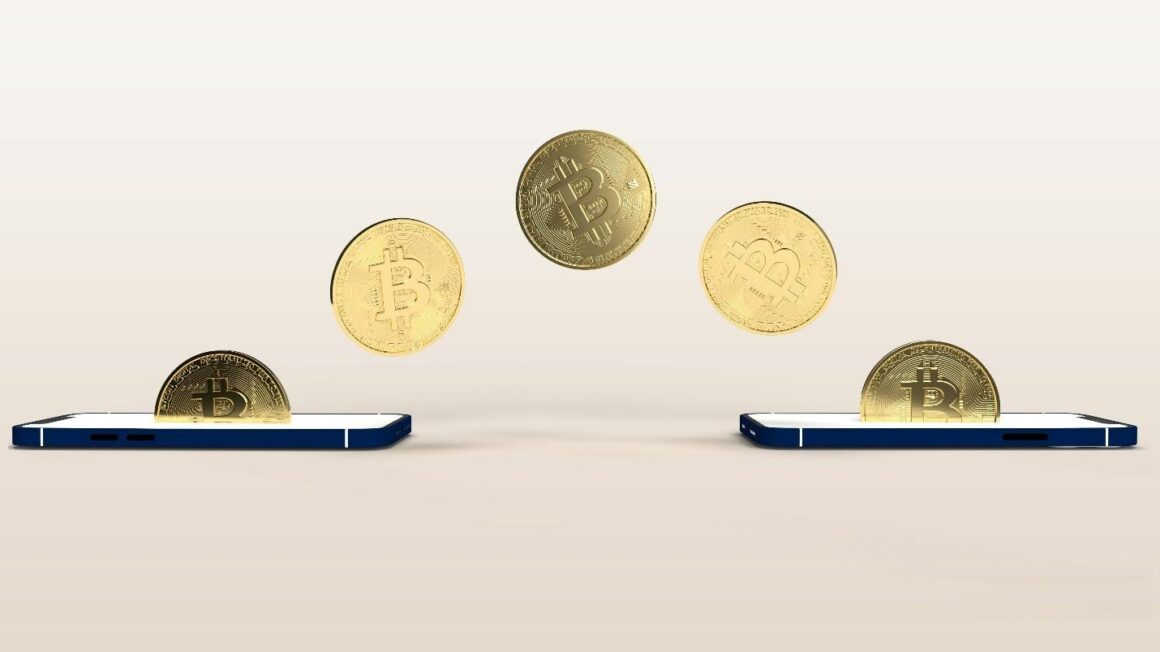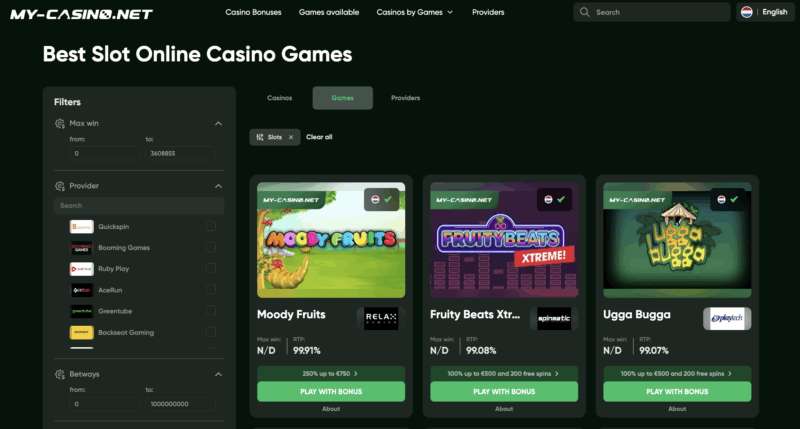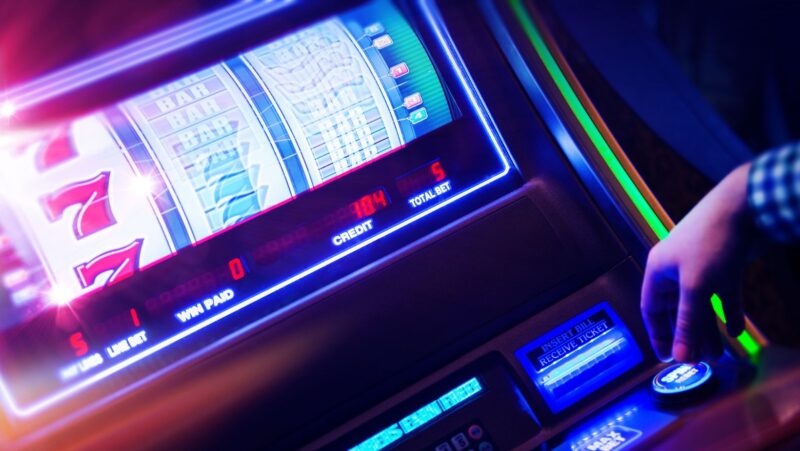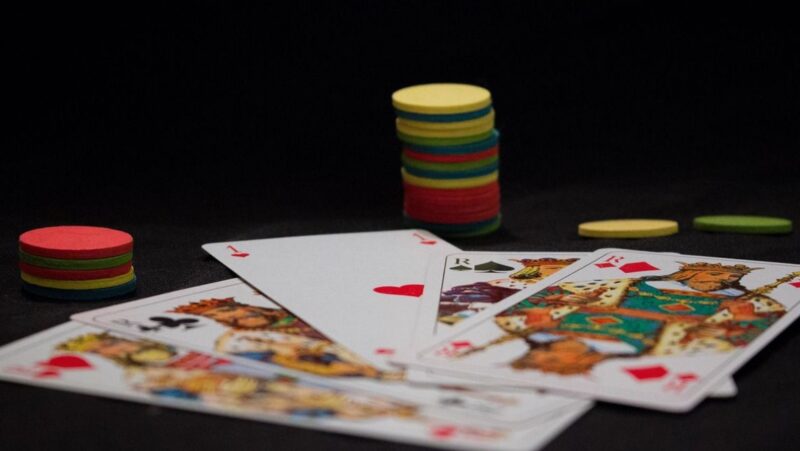
Last Tuesday, I glanced at my phone to check a text message and somehow ended up playing cards for two straight hours. Sound familiar? It’s embarrassing how often this happens, but I’m clearly not alone based on the millions of people glued to their screens doing the exact same thing. My sister jokes that our family WhatsApp group has become a support group for digital card game addicts. There’s definitely something beyond simple entertainment happening here—these apps seem designed to grab our attention and refuse to let go.
The Unpredictability Factor Hooks Our Brains
You know that feeling when you’re convinced the next hand will finally be your big winner? That’s your brain getting hooked on what scientists call intermittent reinforcement. It’s the same mechanism that makes gambling so compelling, except card games add just enough skill to make you feel like you’re in control. My brother-in-law swears he has a system for online poker, spending entire evenings chasing that perfect hand. The randomness mixed with strategy creates this intoxicating cocktail where you’re always thinking success is just around the corner. Your brain literally gets addicted to the uncertainty.
Nostalgic Rules Meet Modern Presentation
Here’s what’s brilliant about these digital versions—they start with games we already love. When I downloaded a gin rummy app last month, I didn’t need tutorials because gin card game rules were already burned into my memory from countless afternoons with my grandmother. But the app developers weren’t content with just digitizing the basic game. They added flashy animations, victory celebrations, and sound effects that make every play feel more dramatic than it actually is. It’s like they took comfort food and added Instagram filters—familiar enough to feel safe, exciting enough to feel new.
Artificial Progress Makes Everything Feel Important
The most insidious trick these games pull is making you care about things that don’t actually matter. Yesterday, I caught myself playing way past my bedtime because I was thirty points away from unlocking a new card design. Thirty points! For a different picture on the back of digital cards! But in that moment, it felt genuinely important. These progression systems tap into our deep psychological need to achieve and advance. Suddenly you’re not just playing cards for fun—you’re working toward goals, climbing ranks, and collecting achievements like they’re actual accomplishments.
Real People Make Everything Personal
Playing against computer opponents feels neutral, but add real humans into the mix and suddenly every game becomes personal. Last week, someone with the username “PokerPro_Mike” beat me three hands in a row, and I absolutely had to keep playing until I got revenge. It wasn’t about the cards anymore—it was about proving something to a complete stranger I’ll never meet. The social element transforms casual gaming into competitive sport, and our egos get invested in ways that keep us coming back for more validation or redemption.
Perfect Bite-Sized Gaming Sessions
These developers have figured out the exact sweet spot for game length. Most hands take just long enough to feel satisfying but short enough that you can always justify “one more.” Three minutes here, five minutes there—it doesn’t seem like much until you realize you’ve played twenty “quick” games. The pacing feels natural, like you’re taking tiny breaks rather than engaging in extended gaming sessions. By the time you notice how much time has passed, you’re already emotionally invested in continuing.
Winning and Losing Both Trap You
This might be the cruelest psychological trick of all—both outcomes make you want to keep playing. When I’m losing, my brain screams that I need to win back what I’ve lost and get back to even. When I’m winning, there’s this voice saying I should maximize my good luck while it lasts. Either way, stopping feels like the wrong choice. The games create this psychological prison where walking away always seems premature. You’re either chasing losses or protecting gains, but never just satisfied with where you are.
Sensory Rewards Train Your Brain
Every tap, swipe, and play produces immediate sensory feedback that makes your brain happy. The satisfying sound of cards sliding across the screen, the visual flourish when you make a good play, the cheerful jingle of coins—it all adds up to create positive associations. My phone’s card app has this particular chime when you get a good hand that honestly makes me smile every time. These tiny rewards condition your brain to crave the experience, even when you’re not consciously thinking about playing.
Zero Friction Means Zero Excuses
Physical card games require other people, actual cards, and somewhere to play. Digital versions eliminate every possible barrier to entry. Bored during your lunch break? There’s an app for that. Can’t sleep at 2 AM? Cards are waiting. Standing in line at the DMV? Perfect gaming opportunity. The convenience is almost dangerous because there’s never a good reason not to play. The games have infiltrated every possible moment of downtime, turning brief mental breaks into extended gaming sessions.
Time Becomes Meaningless
When you’re really into a game, something weird happens to your perception of time. Minutes stretch into hours without you noticing. I’ve missed dinner, forgotten about laundry, and been late for appointments because I was “just finishing this hand” for what felt like five minutes but was actually forty-five. The games create this bubble where normal time doesn’t apply. Your brain gets so focused on the immediate decisions and outcomes that larger time awareness just disappears.
The Social Proof Element
Seeing other players’ achievements, levels, and rankings creates this constant comparison that drives continued play. When the app shows you that “PlayerX just reached Gold Level,” part of your brain immediately wonders why you’re still stuck in Silver. These social proof mechanisms make everyone else’s progress feel like a challenge to your own advancement. It’s peer pressure from people you don’t even know, but it works incredibly effectively.
Conclusion
Understanding these mechanisms doesn’t make them less effective, unfortunately. Even knowing exactly how these games manipulate our psychology, I still find myself getting sucked in regularly. The design is just too well-crafted to resist completely. At least now when I lose three hours to digital cards, I know I’m not weak-willed—I’m just human, responding exactly as the developers intended.













